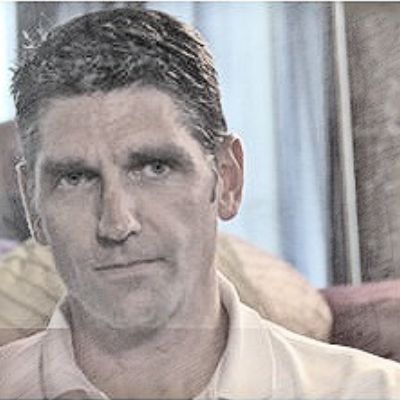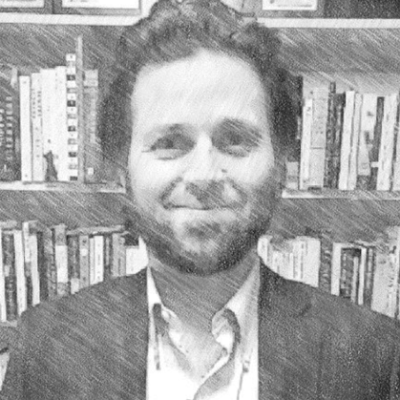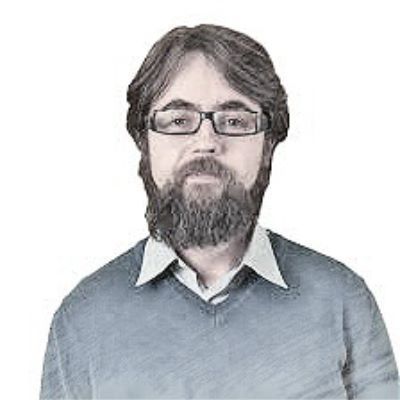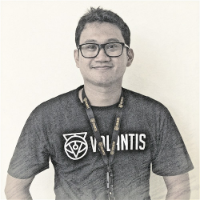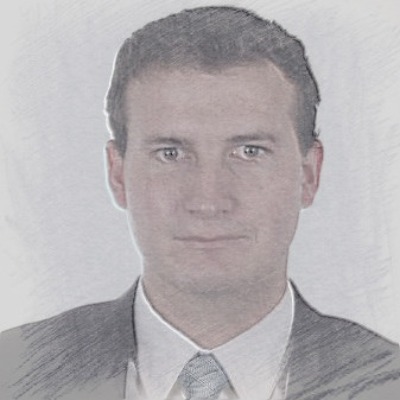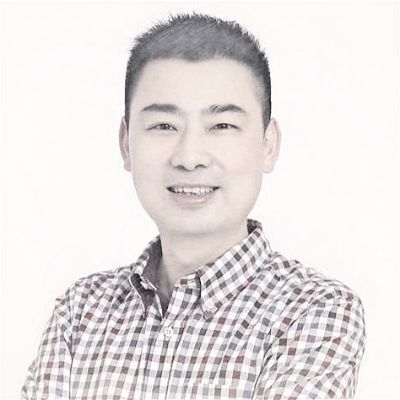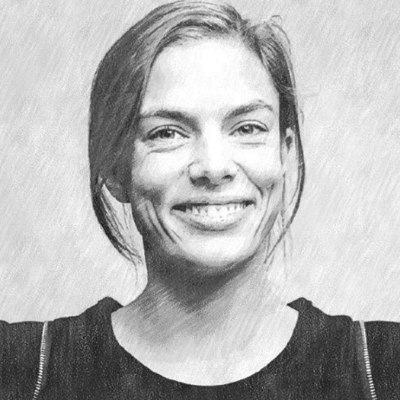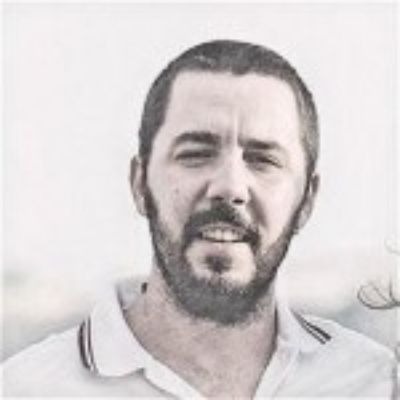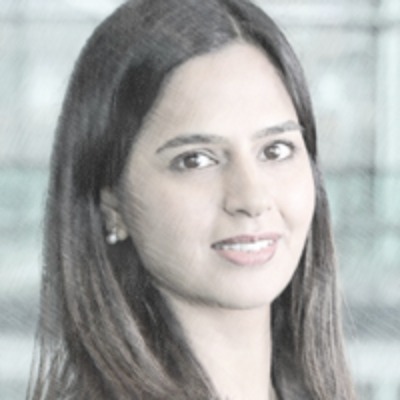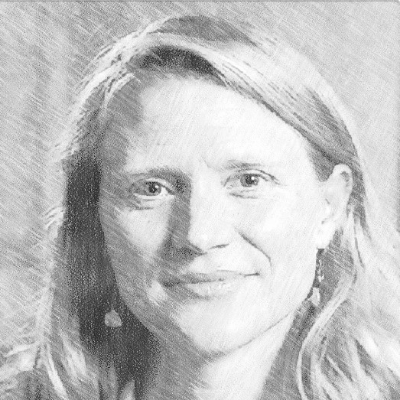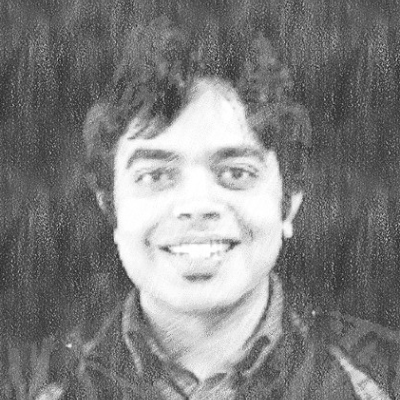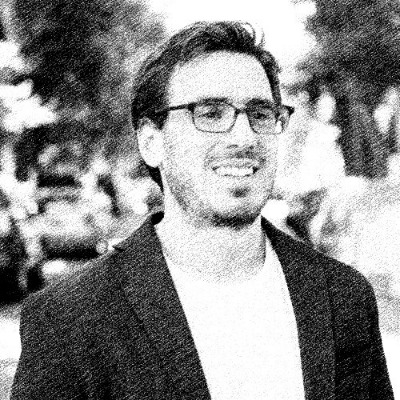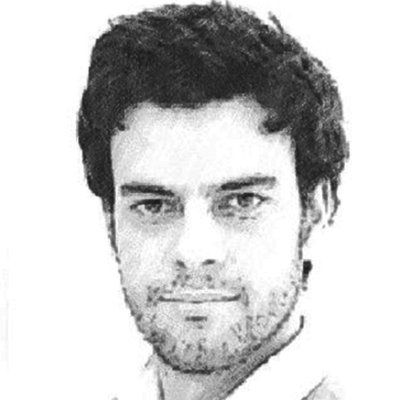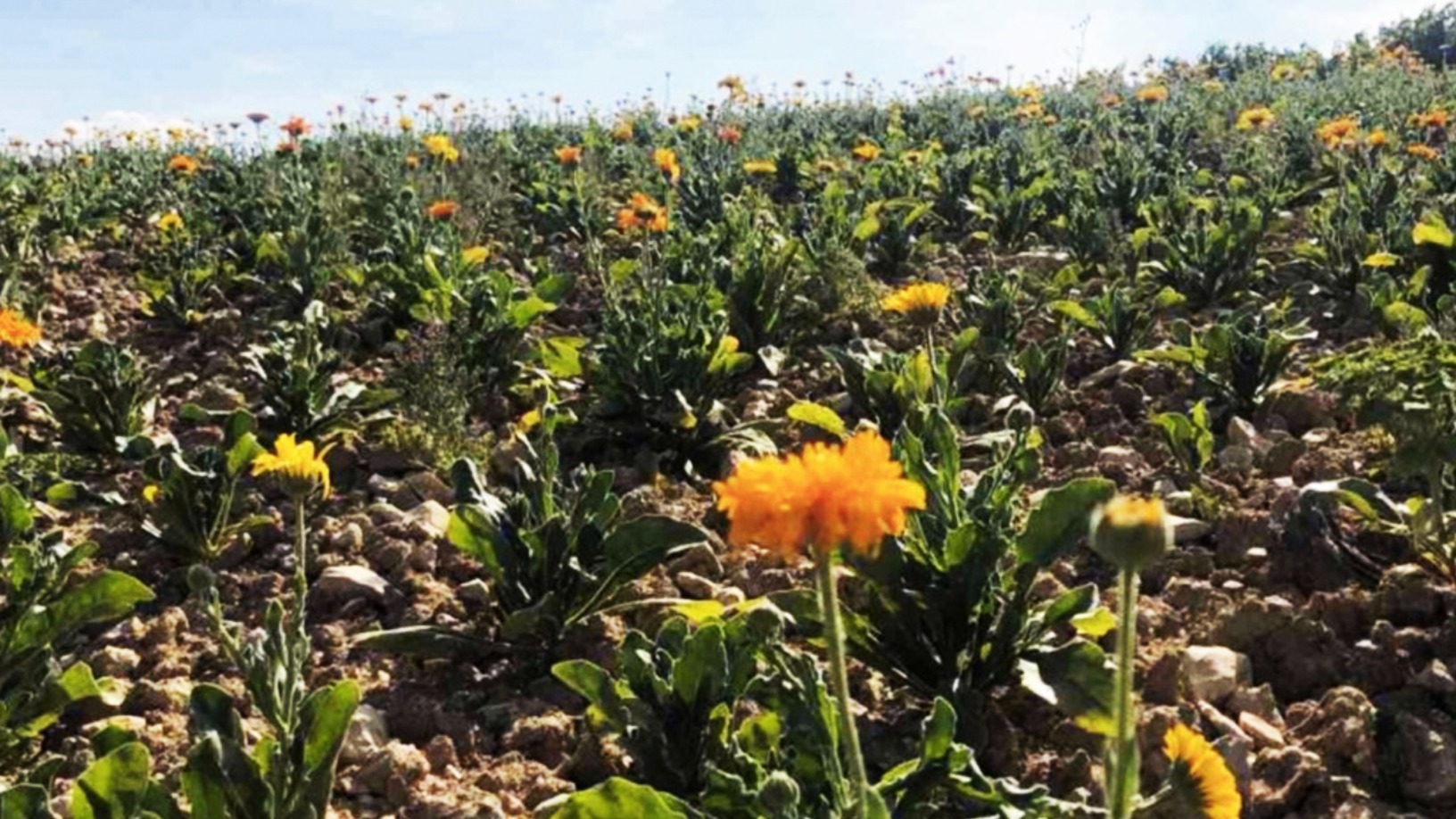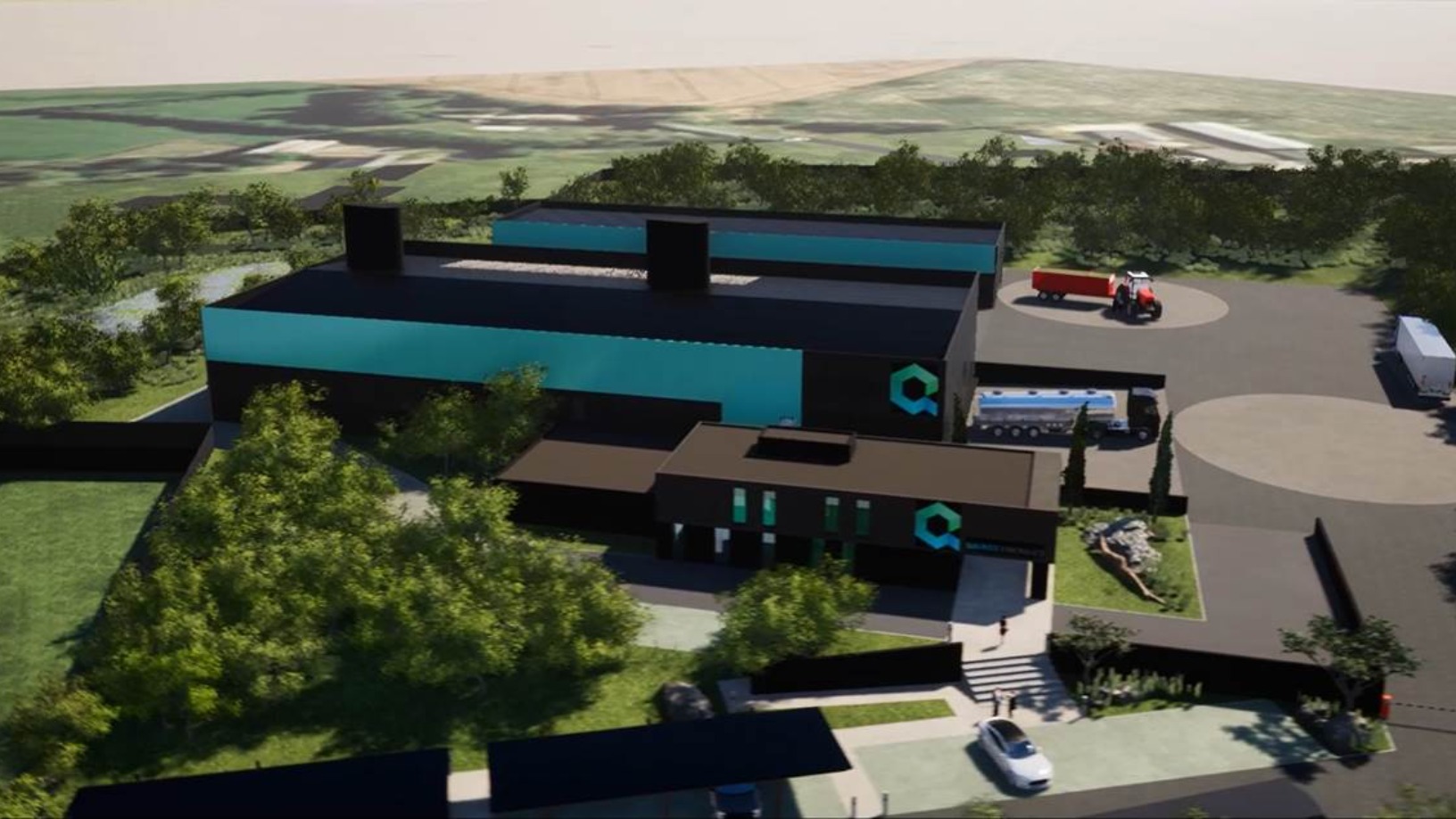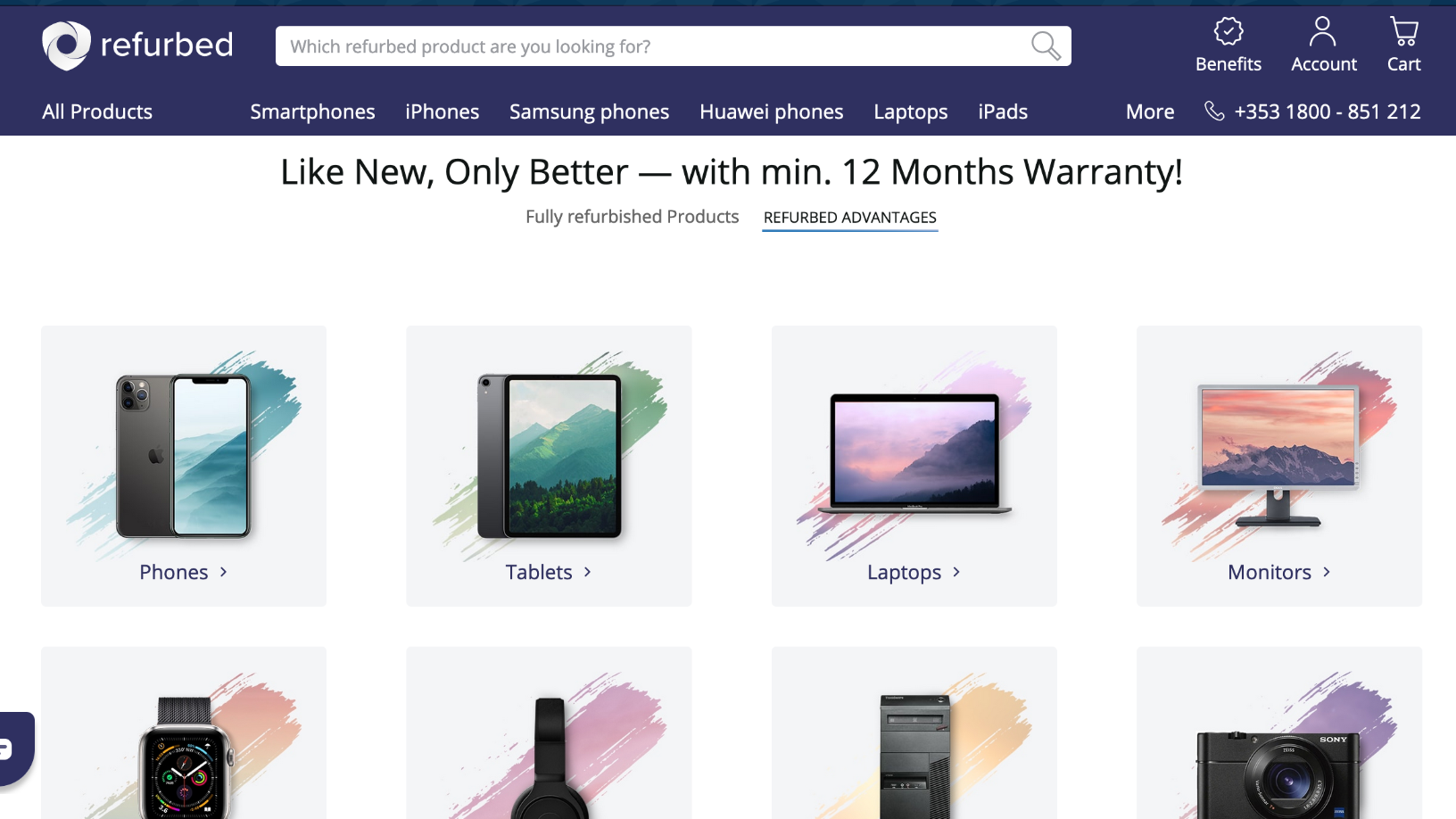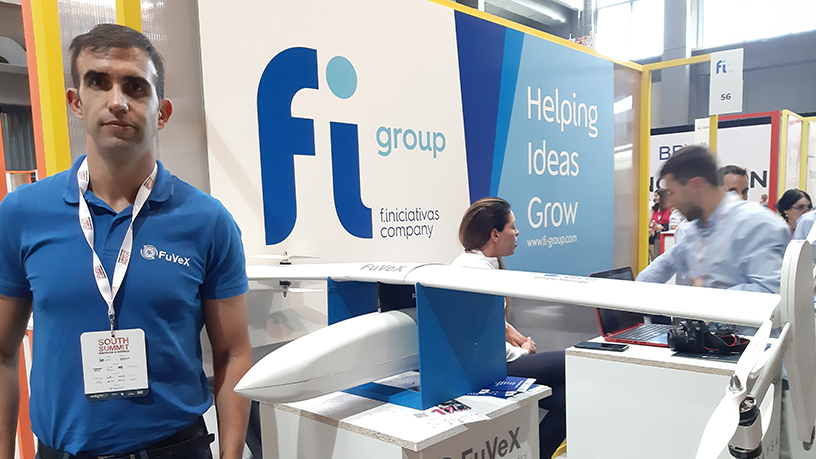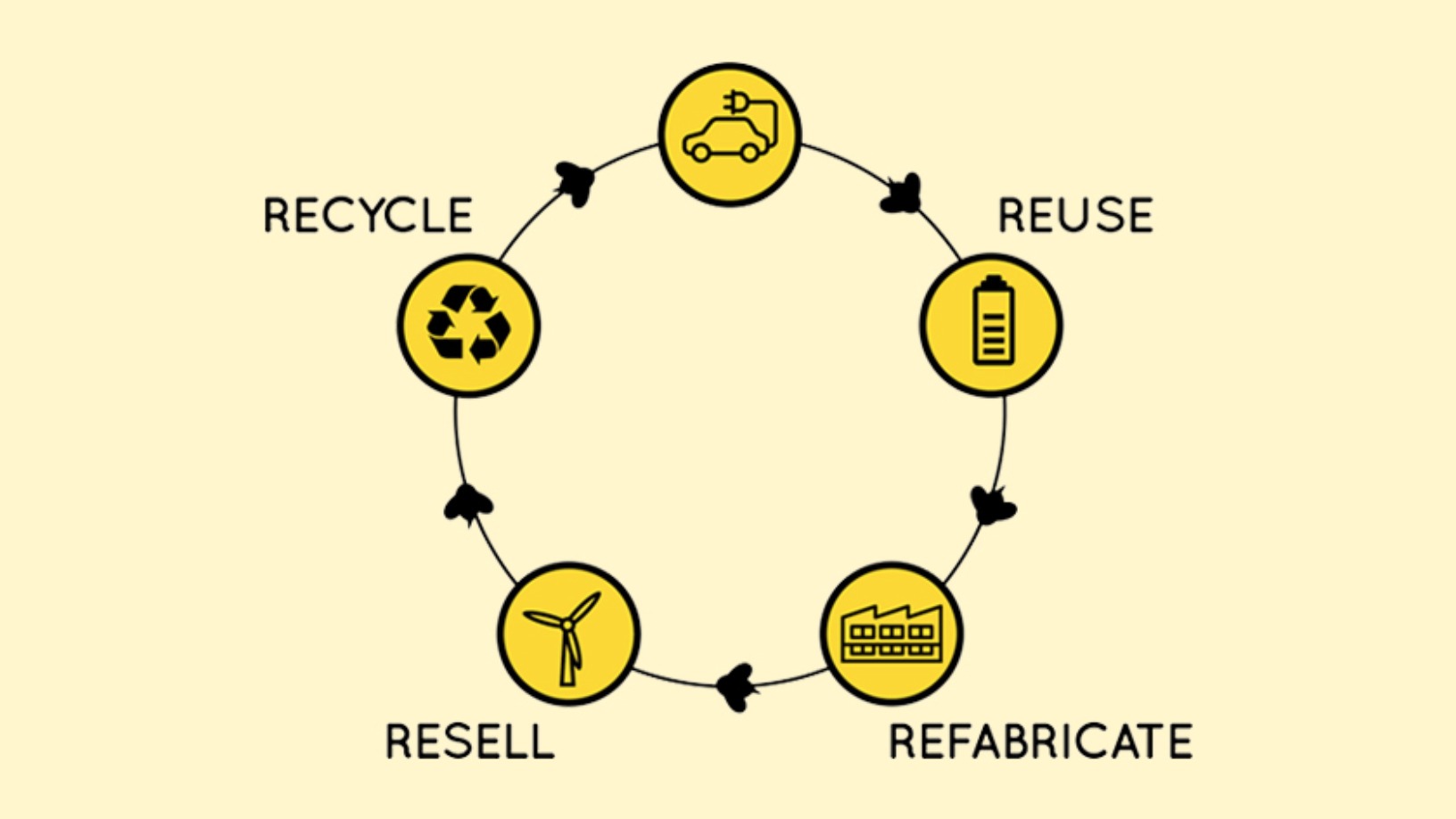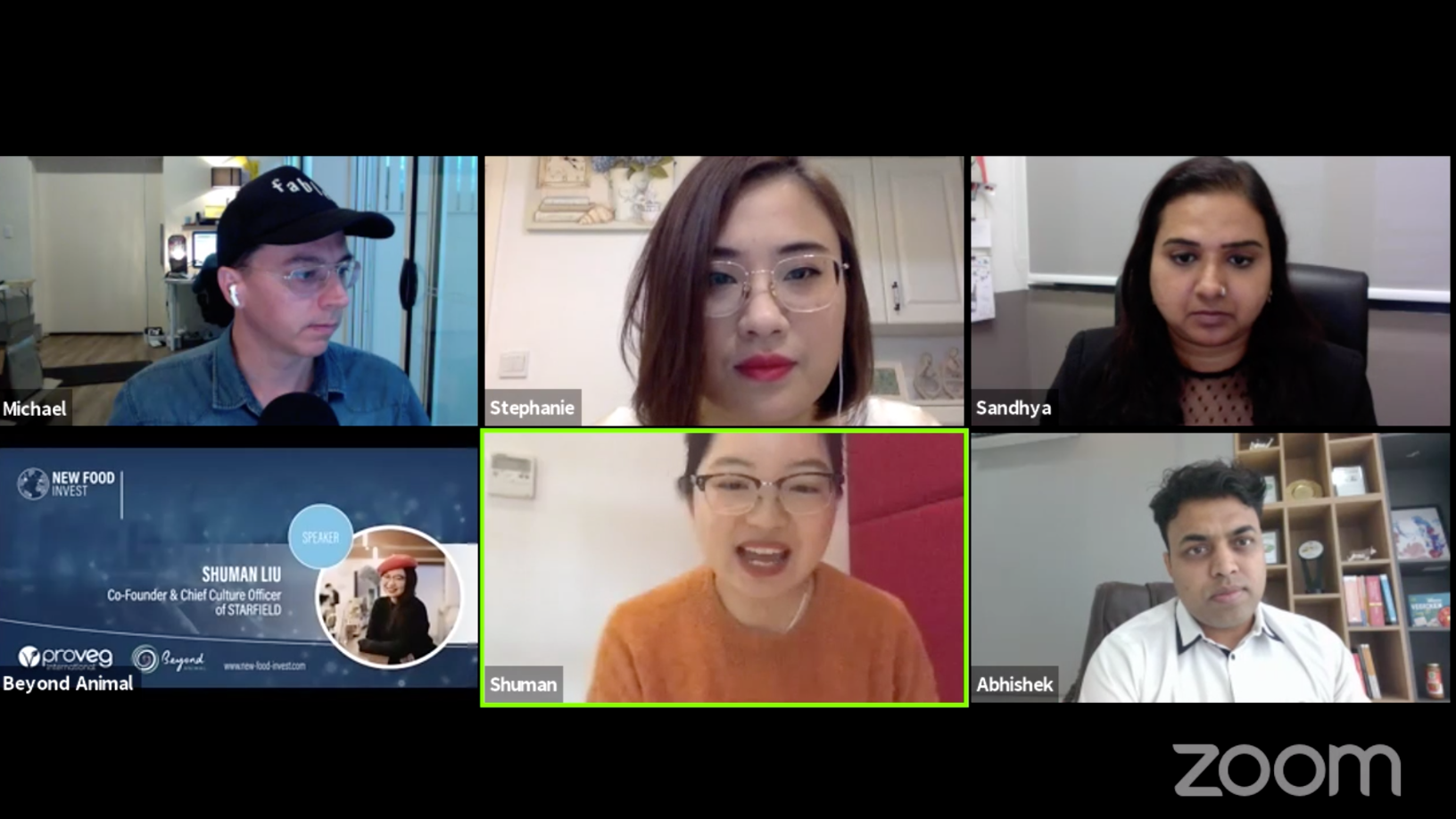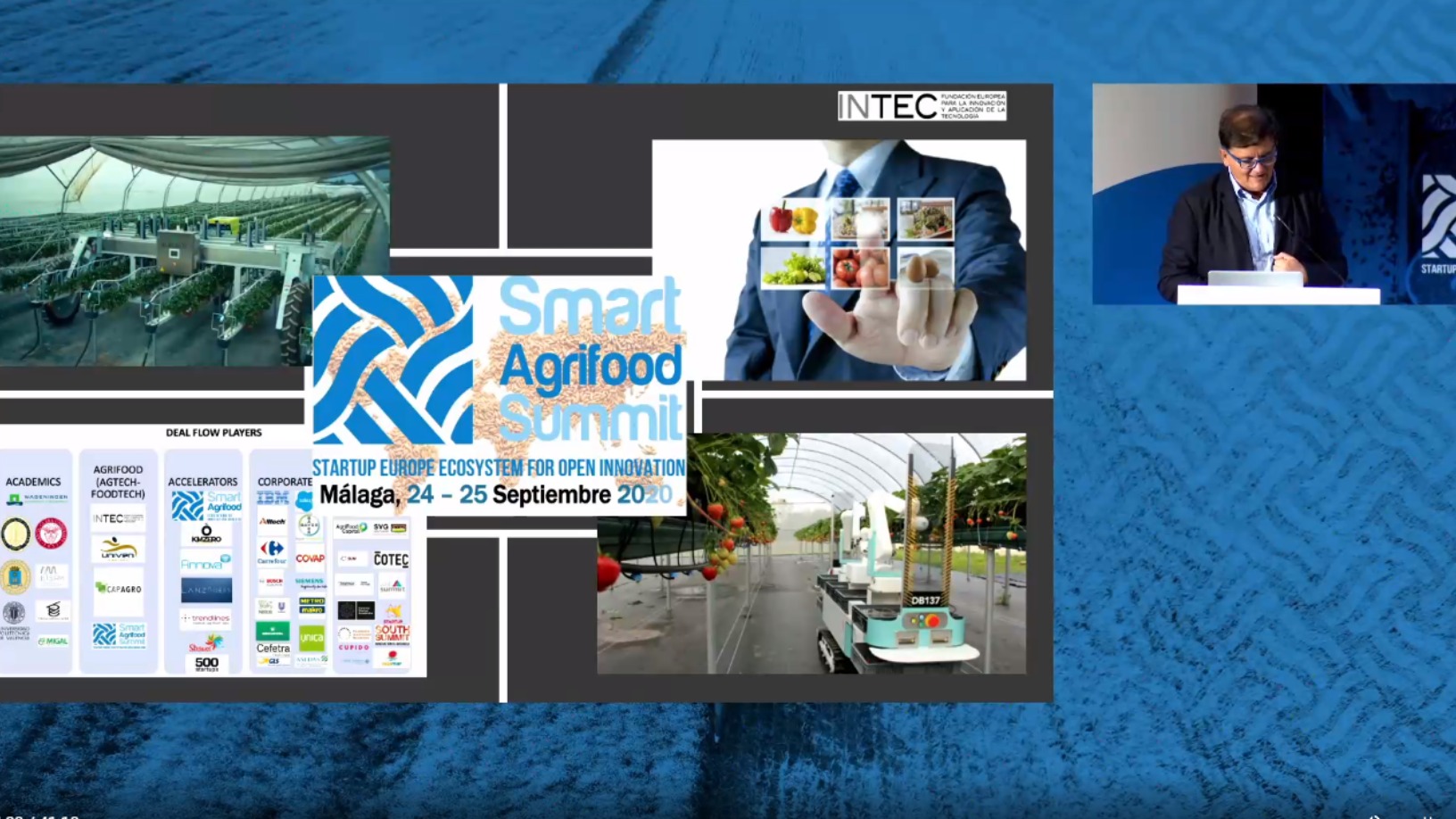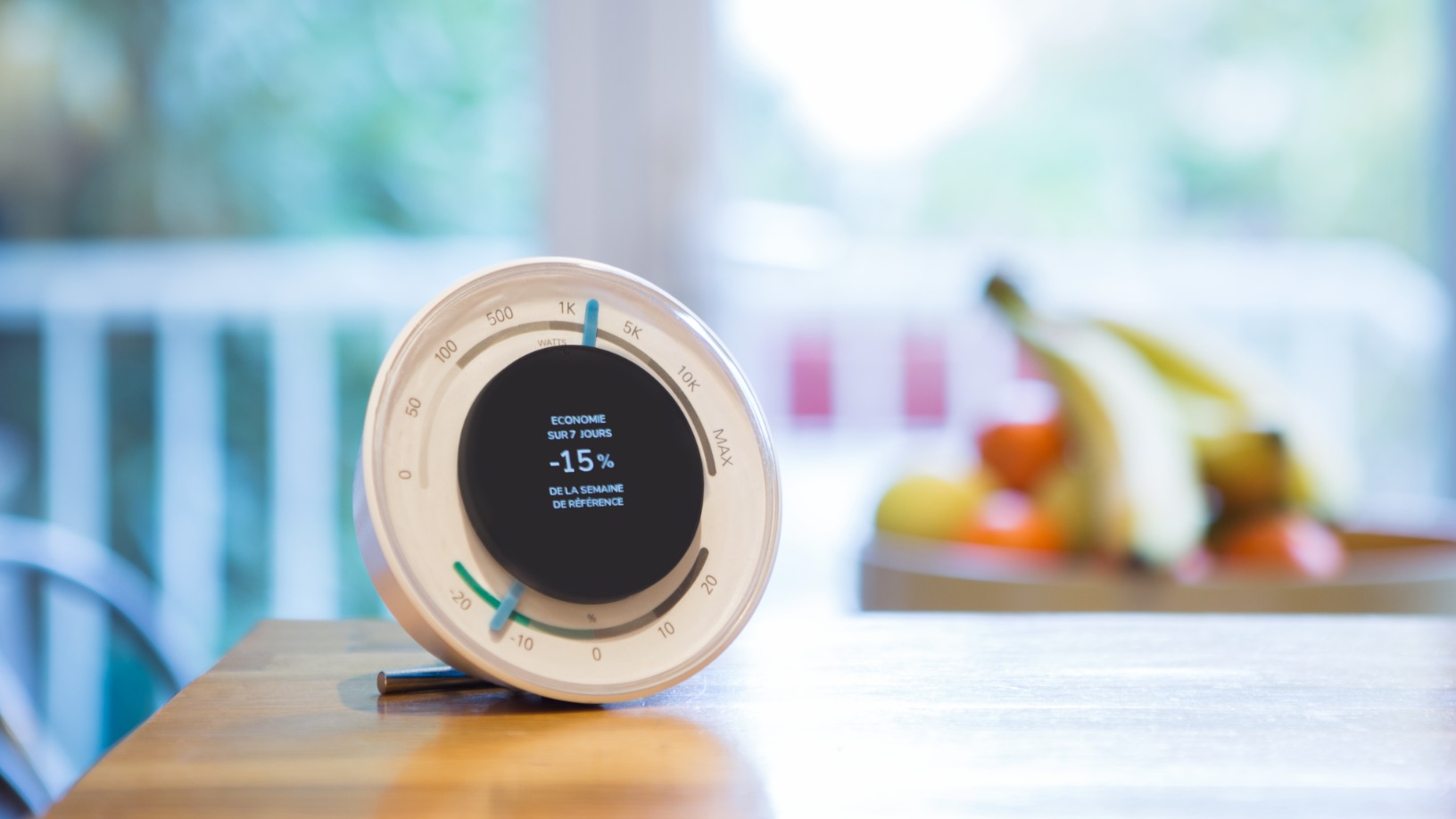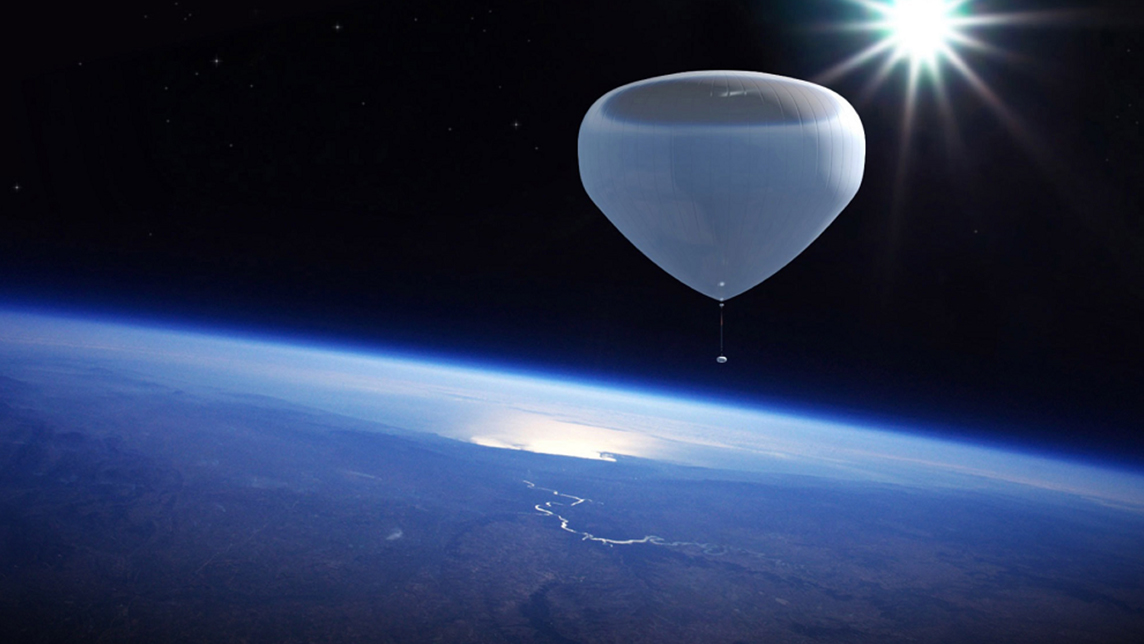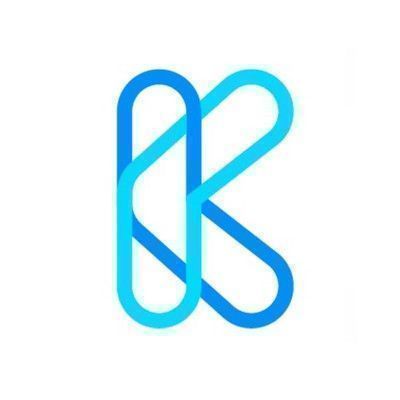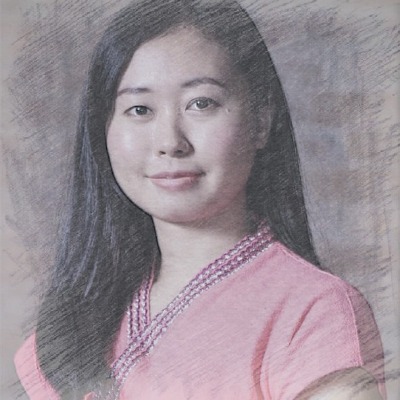Business France
-
DATABASE (749)
-
ARTICLES (655)
Co-founder and Advisor of Shotl
Igor Martret dedicated 15 years of his life to professional sports. The former athlete, from the University of Barcelona, is passionate about ultra trails, marathons and triathlons. The sports performance advocate also worked for five years as club manager at Virgin Health and Holmes Place.In 2006, he joined the family business as COO of Drivania Chauffeurs that was started by his brothers in 2001. Today, he's co-owner and CEO of Drivania International, the family-run chauffeur services enterprise that has grown to become a leading chauffeur company in Europe. In 2016, the Martrets established on-demand shuttle services company Shotl.
Igor Martret dedicated 15 years of his life to professional sports. The former athlete, from the University of Barcelona, is passionate about ultra trails, marathons and triathlons. The sports performance advocate also worked for five years as club manager at Virgin Health and Holmes Place.In 2006, he joined the family business as COO of Drivania Chauffeurs that was started by his brothers in 2001. Today, he's co-owner and CEO of Drivania International, the family-run chauffeur services enterprise that has grown to become a leading chauffeur company in Europe. In 2016, the Martrets established on-demand shuttle services company Shotl.
COO and co-founder of Because Animals
Joshua Errett graduated in philosophy in 2004 and completed a postgraduate degree in journalism in 2006. He also completed an MBA in entrepreneurial and small business operations in Indiana University in 2015.In 2004, he co-founded Torontoist.com, a media website that attracted thousands of views per day. He left the startup to join New Brunswick Telegraph Journal as a reporter for one year before becoming digital managing editor for NOW magazine. In 2013, he went on to work for three years as a senior producer at the Canadian Broadcasting Corporation (CBC).He met Shannon Falconer at a cat rescue project in Toronto. The two pet owners co-founded the biotech Because Animals in 2016 to create more sustainable food for dogs and cats. Errett worked as a marketing manager at Equitable (EQ) Bank before working full-time as COO at Because Animals.
Joshua Errett graduated in philosophy in 2004 and completed a postgraduate degree in journalism in 2006. He also completed an MBA in entrepreneurial and small business operations in Indiana University in 2015.In 2004, he co-founded Torontoist.com, a media website that attracted thousands of views per day. He left the startup to join New Brunswick Telegraph Journal as a reporter for one year before becoming digital managing editor for NOW magazine. In 2013, he went on to work for three years as a senior producer at the Canadian Broadcasting Corporation (CBC).He met Shannon Falconer at a cat rescue project in Toronto. The two pet owners co-founded the biotech Because Animals in 2016 to create more sustainable food for dogs and cats. Errett worked as a marketing manager at Equitable (EQ) Bank before working full-time as COO at Because Animals.
Co-founder of Impress
Vladimir Lupenko is a professional accountant, serial entrepreneur and angel investor. Lupenko’s latest entrepreneurial project is Impress, an invisible aligners company using a hybrid model of remote patient monitoring and in-person visits. The startup, headquartered in Barcelona but operating in several European countries, is regarded as one of the fastest-growing telemedicine companies in Europe.Originally from Russia, Lupenko holds a master’s in Economics from the Plekhanov Russian University of Economics. In 2005 he studied Corporate Finance at the Vienna University of Business and Economics. His professional career started as a Consultant in KPMG Russia in 2005, which he left two years later. Since 2007 he is also the co-founder of FCG, a corporate finance and M&A advisory firm in Russia and since 2013 he is also the non-executive co-founder of CarPrice one of the largest second-hand car marketplaces in Russia and Japan. In 2015, he co-founded AKTIVO a technology-backed real estate platform in Russia.
Vladimir Lupenko is a professional accountant, serial entrepreneur and angel investor. Lupenko’s latest entrepreneurial project is Impress, an invisible aligners company using a hybrid model of remote patient monitoring and in-person visits. The startup, headquartered in Barcelona but operating in several European countries, is regarded as one of the fastest-growing telemedicine companies in Europe.Originally from Russia, Lupenko holds a master’s in Economics from the Plekhanov Russian University of Economics. In 2005 he studied Corporate Finance at the Vienna University of Business and Economics. His professional career started as a Consultant in KPMG Russia in 2005, which he left two years later. Since 2007 he is also the co-founder of FCG, a corporate finance and M&A advisory firm in Russia and since 2013 he is also the non-executive co-founder of CarPrice one of the largest second-hand car marketplaces in Russia and Japan. In 2015, he co-founded AKTIVO a technology-backed real estate platform in Russia.
Co-founder of NPAW
Otto Christof Wüst Acedo is co-founder and COO at social media advertising firm Adsmurai while serving as advisor to The Real Plaza, an online platform for cross-border real estate transactions. He is also co-founder and the former CEO of NPAW, where he was responsible for new business generation developing and strategic relationships with customers and partners during the startup's growth phase. NPAW's funding round with Axon Partners Group was completed during his tenure as CEO. Wüst read Telecommunications Engineering at the Polytechnic University of Catalonia, has studied at Duke University and holds a MSc. in Computer Science from Pompeu Fabra University.
Otto Christof Wüst Acedo is co-founder and COO at social media advertising firm Adsmurai while serving as advisor to The Real Plaza, an online platform for cross-border real estate transactions. He is also co-founder and the former CEO of NPAW, where he was responsible for new business generation developing and strategic relationships with customers and partners during the startup's growth phase. NPAW's funding round with Axon Partners Group was completed during his tenure as CEO. Wüst read Telecommunications Engineering at the Polytechnic University of Catalonia, has studied at Duke University and holds a MSc. in Computer Science from Pompeu Fabra University.
CEO and co-founder of Volantis
Bachtiar Rifai graduated in 2010 with a bachelor's degree in Physics from Universitas Gadjah Mada, but his career has led him towards entrepreneurial pursuits, especially in technology. While he was in university, he worked freelance as a web designer and SEO consultant, and in 2008, founded his own digital marketing company, Jogja Web Services, which was dedicated to helping SMEs. In 2012, he left Jogja Web Services, joined travel booking site Pegipegi – now owned by Traveloka – and founded a new digital marketing consultancy, WireHub. In 2014, he joined Lazada and Blanja.com. In 2015, Rifai and his co-founders established Kofera, which offers automated digital marketing using AI. Kofera helps its clients efficiently connect various types of data, including sales and stock, on one platform, where the data can be accessed, processed and used to automatically guide ad spending. In 2018, Rifai spun off a new business from Kofera: Volantis, a company that applies Kofera's data-driven principles to more use cases and provides enterprise clients with end-to-end services.
Bachtiar Rifai graduated in 2010 with a bachelor's degree in Physics from Universitas Gadjah Mada, but his career has led him towards entrepreneurial pursuits, especially in technology. While he was in university, he worked freelance as a web designer and SEO consultant, and in 2008, founded his own digital marketing company, Jogja Web Services, which was dedicated to helping SMEs. In 2012, he left Jogja Web Services, joined travel booking site Pegipegi – now owned by Traveloka – and founded a new digital marketing consultancy, WireHub. In 2014, he joined Lazada and Blanja.com. In 2015, Rifai and his co-founders established Kofera, which offers automated digital marketing using AI. Kofera helps its clients efficiently connect various types of data, including sales and stock, on one platform, where the data can be accessed, processed and used to automatically guide ad spending. In 2018, Rifai spun off a new business from Kofera: Volantis, a company that applies Kofera's data-driven principles to more use cases and provides enterprise clients with end-to-end services.
Commercial Director and co-founder of Digitanimal by SensoWave
An industrial engineer by training, Rubén Blanco Carrera comes from a family of ranchers in Cabañas, 18 km from Ávila, Spain. Currently he is Commercial Director and co-founder of IoT startup SensoWave, as well as its brand Digitanimal, aimed at remote farming. The business idea of Digitanimal partly came about because of Blanco’s personal experience with his own livestock. Using IoT remote tracking, detecting heat and parturition through the use of sensors , which are analyzed to reflect the behavior of the cattle and notify alert ranchers to the anomalies detected, he was able to save a mother and calf from a difficult delivery. In another incident, the technology helped alert him to the attack of wolves. Blanco holds both a first degree and a master's degree from Madrid's Alfonso X El Sabio University, the former in Technical Engineering in Industrial and Product Design and the latter in Industrial Engineering and Industrial Electronics. He then worked as an industrial engineer at both private company Retailgas and at Alfa Imaging, the startup co-founded by Carlos Callejero, with whom Blanco later co-founded SensoWave.
An industrial engineer by training, Rubén Blanco Carrera comes from a family of ranchers in Cabañas, 18 km from Ávila, Spain. Currently he is Commercial Director and co-founder of IoT startup SensoWave, as well as its brand Digitanimal, aimed at remote farming. The business idea of Digitanimal partly came about because of Blanco’s personal experience with his own livestock. Using IoT remote tracking, detecting heat and parturition through the use of sensors , which are analyzed to reflect the behavior of the cattle and notify alert ranchers to the anomalies detected, he was able to save a mother and calf from a difficult delivery. In another incident, the technology helped alert him to the attack of wolves. Blanco holds both a first degree and a master's degree from Madrid's Alfonso X El Sabio University, the former in Technical Engineering in Industrial and Product Design and the latter in Industrial Engineering and Industrial Electronics. He then worked as an industrial engineer at both private company Retailgas and at Alfa Imaging, the startup co-founded by Carlos Callejero, with whom Blanco later co-founded SensoWave.
Founder and CEO of Yidianling
Xu Yingqi has over a decade of work experience in the gaming, pharmaceutical and finance sectors. He joined an online gaming company named 5173 in 2003 and expanded the team from 20 to 3,000 employees, increasing the yearly GMV from US$3m to more than US$1.5bn. Xu then joined a pharmaceutical company named 818 in 2009, helping over 300 pharmacies go online. The company's business grew 248% annually under his leadership. In 2003, Xu started financial services platform 658 that generated RMB1.3bn worth of transactions. In 2015, he went on to establish Yidianling, an online mental health consultancy.
Xu Yingqi has over a decade of work experience in the gaming, pharmaceutical and finance sectors. He joined an online gaming company named 5173 in 2003 and expanded the team from 20 to 3,000 employees, increasing the yearly GMV from US$3m to more than US$1.5bn. Xu then joined a pharmaceutical company named 818 in 2009, helping over 300 pharmacies go online. The company's business grew 248% annually under his leadership. In 2003, Xu started financial services platform 658 that generated RMB1.3bn worth of transactions. In 2015, he went on to establish Yidianling, an online mental health consultancy.
CEO and co-founder of Carbo Culture
Finnish native Pia Henrietta Moon, has been a scout leader since 2003. Her first job was in event management and tourism operations in India for Sunset Getaways & Insta tourism in 2007. While studying at the University of Economics and Business in Vienna, she met American engineer Christopher Carstens in 2013 at a global solutions innovation program organized by Singularity University in California. She left university in 2014 and co-founded Carbo Culture as CEO in 2016 with Carstens as CTO.In 2016, Moon also joined the electronics company Yleiselektroniikka as a board member, the youngest person in Finland to hold such a position in a listed company. Moon also founded edtech startup Mehackit in 2013 and became its chairwoman for four years. She exited both companies in 2018 to focus on running Carbo Culture.While at university, Moon also worked for over two years at Rails Girls, a not-for-profit for women in tech. In Finland, she joined the student entrepreneurship society in 2011 and completed an internship in 2010 at the Ministry for Foreign Affairs of Finland. In 2015, she joined the World Economic Forum’s Global Shapers youth community initiative in Helsinki.
Finnish native Pia Henrietta Moon, has been a scout leader since 2003. Her first job was in event management and tourism operations in India for Sunset Getaways & Insta tourism in 2007. While studying at the University of Economics and Business in Vienna, she met American engineer Christopher Carstens in 2013 at a global solutions innovation program organized by Singularity University in California. She left university in 2014 and co-founded Carbo Culture as CEO in 2016 with Carstens as CTO.In 2016, Moon also joined the electronics company Yleiselektroniikka as a board member, the youngest person in Finland to hold such a position in a listed company. Moon also founded edtech startup Mehackit in 2013 and became its chairwoman for four years. She exited both companies in 2018 to focus on running Carbo Culture.While at university, Moon also worked for over two years at Rails Girls, a not-for-profit for women in tech. In Finland, she joined the student entrepreneurship society in 2011 and completed an internship in 2010 at the Ministry for Foreign Affairs of Finland. In 2015, she joined the World Economic Forum’s Global Shapers youth community initiative in Helsinki.
Co-founder and CTO of Tradiio
After graduating from the University of Porto in 2004, André Moniz worked as a software engineer at companies such as Indra, Montepio Geral and Optimus Telecommunications. In 2017, the fullstack developer and product manager joined Untold Ventures to make various apps. In 2018, he became the CTO and co-founder of BetProtocol, together with Tradiio's Miguel Leite.The serial entrepreneur worked as Tradiio's CTO before becoming the music platform's co-founder in 2014. Previous ventures include Portugal's first dating site, amiguinhos.com (2002), software company Blip.pt (2009), WeGoOut (2012) and music festival tourism business Get a Fest (2013).
After graduating from the University of Porto in 2004, André Moniz worked as a software engineer at companies such as Indra, Montepio Geral and Optimus Telecommunications. In 2017, the fullstack developer and product manager joined Untold Ventures to make various apps. In 2018, he became the CTO and co-founder of BetProtocol, together with Tradiio's Miguel Leite.The serial entrepreneur worked as Tradiio's CTO before becoming the music platform's co-founder in 2014. Previous ventures include Portugal's first dating site, amiguinhos.com (2002), software company Blip.pt (2009), WeGoOut (2012) and music festival tourism business Get a Fest (2013).
COO and co-founder of iLoF
Mehak Mumtaz grew up in Pakistan and decided to study biochemistry when she saw her brother suffering from an unknown learning disability. Her parents, both medical doctors, could not get an accurate diagnosis for their son. In her search to understand the molecular mechanisms behind diseases, she applied to study at the University of Oxford. In 2008, she was granted the Reach Oxford Scholarship and graduated with a master’s in biochemistry in 2012. In 2015, the St Hilda’s alumna worked as an undergraduate tutor at Oxford while completing a PhD in pathology, specializing in oncology and cancer biology.In 2018, she worked on a rare cancer project as EIT Health Business Innovation fellow for a year. She left academia and joined a three-month bioentrepreneur bootcamp in Munich and a one-month Lev8 Woman Program at her alma mater’s Oxford Foundry. She joined EY-Parthenon in London as a strategy consultant in April 2019.In 2019, Mumtaz also met the iLoF co-founding team at the EIT Health Wild Card venture-building program. iLoF is a medtech startup that focuses on personalized medicine through the use of AI and photonics to create optical fingerprints in a cloud-based library to gather and manages disease biomarkers and biological profiles.She joined iLoF as COO and co-founder in December 2019 and left her full-time consultancy role at EY in March 2020.
Mehak Mumtaz grew up in Pakistan and decided to study biochemistry when she saw her brother suffering from an unknown learning disability. Her parents, both medical doctors, could not get an accurate diagnosis for their son. In her search to understand the molecular mechanisms behind diseases, she applied to study at the University of Oxford. In 2008, she was granted the Reach Oxford Scholarship and graduated with a master’s in biochemistry in 2012. In 2015, the St Hilda’s alumna worked as an undergraduate tutor at Oxford while completing a PhD in pathology, specializing in oncology and cancer biology.In 2018, she worked on a rare cancer project as EIT Health Business Innovation fellow for a year. She left academia and joined a three-month bioentrepreneur bootcamp in Munich and a one-month Lev8 Woman Program at her alma mater’s Oxford Foundry. She joined EY-Parthenon in London as a strategy consultant in April 2019.In 2019, Mumtaz also met the iLoF co-founding team at the EIT Health Wild Card venture-building program. iLoF is a medtech startup that focuses on personalized medicine through the use of AI and photonics to create optical fingerprints in a cloud-based library to gather and manages disease biomarkers and biological profiles.She joined iLoF as COO and co-founder in December 2019 and left her full-time consultancy role at EY in March 2020.
Co-CEO and co-founder of Pula
Dutch-born Rosa Goslinga has spent most of her career working in Africa and speaks five languages, including Swahili. She graduated in business, economics and international development at the University of Amsterdam in 2004. She also completed a master’s in political economy of development at the School for Oriental and African Studies (SOAS) in London in 2005.In 2006, she worked as an economist at the Ministry of Agriculture and Animal Resources in Rwanda where she realized there was an urgent need for small-scale farming insurance to protect the local farmers’ livelihoods against natural hazards.In 2008, she joined Syngenta Foundation for Sustainable Agriculture (SFSA) in Kenya, where she initiated a pilot Kilimo Salama in Nairobi as program director. The program was a success, starting with 185 farmers taking up index insurance and growing to be the largest in Africa with over 185,000 participants. Goslinga also met and started working with Thomas Njeru, the lead actuary for UAP Insurance for the Kilimo project.In 2013, with investors backing her project, she developed and patented a system and method for providing a site-related weather insurance contract. She left SFSA in 2014 and went on to set up Kenya’s pioneering insurtech Pula with Njeru as co-founder in 2015.Both are now co-CEOs of the Nairobi-based startup, education and helping over 4m small-scale farmers to protect their livelihoods from environmental hazards with tailor-made micro-finance and insurance products.
Dutch-born Rosa Goslinga has spent most of her career working in Africa and speaks five languages, including Swahili. She graduated in business, economics and international development at the University of Amsterdam in 2004. She also completed a master’s in political economy of development at the School for Oriental and African Studies (SOAS) in London in 2005.In 2006, she worked as an economist at the Ministry of Agriculture and Animal Resources in Rwanda where she realized there was an urgent need for small-scale farming insurance to protect the local farmers’ livelihoods against natural hazards.In 2008, she joined Syngenta Foundation for Sustainable Agriculture (SFSA) in Kenya, where she initiated a pilot Kilimo Salama in Nairobi as program director. The program was a success, starting with 185 farmers taking up index insurance and growing to be the largest in Africa with over 185,000 participants. Goslinga also met and started working with Thomas Njeru, the lead actuary for UAP Insurance for the Kilimo project.In 2013, with investors backing her project, she developed and patented a system and method for providing a site-related weather insurance contract. She left SFSA in 2014 and went on to set up Kenya’s pioneering insurtech Pula with Njeru as co-founder in 2015.Both are now co-CEOs of the Nairobi-based startup, education and helping over 4m small-scale farmers to protect their livelihoods from environmental hazards with tailor-made micro-finance and insurance products.
R&D and business lead and co-founder of Graviky Labs
Anirudh Sharma is one of three co-founders of Graviky Labs, which makes ink out of carbon that is captured from pollution and purified using proprietary technology. This concept was born from Sharma’s experiments making ink from candle soot while doing his master’s at MIT Materials Lab. He currently leads R&D and business at the firm. Sharma’s interests include augmented reality, wearable computing and environmental projects. Over the years, he has developed and patented various technology products with social and environmental impact. He was formerly CTO and co-founder of India’s first wearable technology company, Ducere Technologies, which was later sold. This company makes Lechal, the world’s first smart haptic device for shoes, initially designed by Sharma as a navigation aid for the visually impaired. Sharma also previously worked for Imagin Group at Hewlett Packard Labs, on a multimodal speech and touch-based computer-aided design interface for large displays.Sharma holds a master's from Massachusetts Institute of Technology and co-led the activities of MIT Media Lab India from 2013–2015. He is a TED and TEDx speaker and has been included in Forbes’ 30 Under 30 for Asia, MIT Technology Review’s 35 Innovators Under 35, and Foreign Policy magazine’s 100 Global Thinkers of 2016.
Anirudh Sharma is one of three co-founders of Graviky Labs, which makes ink out of carbon that is captured from pollution and purified using proprietary technology. This concept was born from Sharma’s experiments making ink from candle soot while doing his master’s at MIT Materials Lab. He currently leads R&D and business at the firm. Sharma’s interests include augmented reality, wearable computing and environmental projects. Over the years, he has developed and patented various technology products with social and environmental impact. He was formerly CTO and co-founder of India’s first wearable technology company, Ducere Technologies, which was later sold. This company makes Lechal, the world’s first smart haptic device for shoes, initially designed by Sharma as a navigation aid for the visually impaired. Sharma also previously worked for Imagin Group at Hewlett Packard Labs, on a multimodal speech and touch-based computer-aided design interface for large displays.Sharma holds a master's from Massachusetts Institute of Technology and co-led the activities of MIT Media Lab India from 2013–2015. He is a TED and TEDx speaker and has been included in Forbes’ 30 Under 30 for Asia, MIT Technology Review’s 35 Innovators Under 35, and Foreign Policy magazine’s 100 Global Thinkers of 2016.
Co-CEO, co-founder of Psquared
Argentinian native Nicolas Araujo Müller is co-CEO and co-founder at Psquared, Spain’s first flexible workplace management and design company for hybrid workspaces. He has worked there since its foundation in April 2018, originally as part of startup hub CoBuilder, and is now its CFO. He is also a part-time advisor and investor at startup development agency We Are Grit, since its launch in 2020.Earlier, Araujo was CFO and co-founder at digital talent agency Bandit, for two years, until 2017. Before that, he held the same roles at his previous Barcelona-based startup, Nubelo, another tech recruitment agency for freelancers, between 2012 and 2016, when it was acquired by Freelancer.com. In 2016, Araujo was a visiting professor at the Autonomous University of Barcelona on digital economy.His first startup was Work At Home in Argentina, where he was a co-founder for two years from 2011–13, for which he won local innovation prizes. Prior to this, Araujo held various management consultancy roles, working in business analysis and research at Ernst & Young, Standard & Poor’s and Accenture, from 2008–2012, and completed a stint at the US embassy in Buenos Aires. He is also a founding member of Argentina’s entrepreneur organization, ASEA, established in 2013. Araujo holds a degree in economics from CEMA University, Buenos Aires and a qualification from Harvard University in negotiation. In 2017 and 2013, Araujo was named in Forbes Argentina’s 30 Promesas list of young entrepreneurs.
Argentinian native Nicolas Araujo Müller is co-CEO and co-founder at Psquared, Spain’s first flexible workplace management and design company for hybrid workspaces. He has worked there since its foundation in April 2018, originally as part of startup hub CoBuilder, and is now its CFO. He is also a part-time advisor and investor at startup development agency We Are Grit, since its launch in 2020.Earlier, Araujo was CFO and co-founder at digital talent agency Bandit, for two years, until 2017. Before that, he held the same roles at his previous Barcelona-based startup, Nubelo, another tech recruitment agency for freelancers, between 2012 and 2016, when it was acquired by Freelancer.com. In 2016, Araujo was a visiting professor at the Autonomous University of Barcelona on digital economy.His first startup was Work At Home in Argentina, where he was a co-founder for two years from 2011–13, for which he won local innovation prizes. Prior to this, Araujo held various management consultancy roles, working in business analysis and research at Ernst & Young, Standard & Poor’s and Accenture, from 2008–2012, and completed a stint at the US embassy in Buenos Aires. He is also a founding member of Argentina’s entrepreneur organization, ASEA, established in 2013. Araujo holds a degree in economics from CEMA University, Buenos Aires and a qualification from Harvard University in negotiation. In 2017 and 2013, Araujo was named in Forbes Argentina’s 30 Promesas list of young entrepreneurs.
Co-CEO and Co-founder of Notpla (formerly Skipping Rocks Lab)
Rodrigo García González graduated in Architecture at the Technical University of Madrid (ETSAM) in 2009 and also completed various PhD courses in advanced architecture at his alma mater.In 2006, the architect student joined an EU Asia-Link sustainable humane habitat program that included stints at the Centre for Environmental Planning and Technology (CEPT) University in India. He also won a SMILE scholarship to study industrial design at Pontificia Universidad Católica in Chile for one year. In 2011, he obtained a scholarship to study industrial design and business at Umeå Institute of Design in Sweden. In 2014, he completed two master’s programs in innovation design engineering run by London’s Imperial College and Royal College of Art.In July 2014, he co-founded Skipping Rocks Lab, that was later pivoted into Notpla, a UK-based startup that develops compostable and edible packaging materials made of seaweed and other plants.Since 2007, he has worked with various institutions in Europe, Latin America and the US including Cornell University, CEPT, Imperial College and Royal College of Art. In 2016, he became a senior lecturer for a degree program in product and furniture design at Kingston University.He has two patents for his work on structural and deployable systems. His designs have also been featured in prestigious art centers like the Cite de l'Architecture of Paris and the Venice Biennale of Architecture.Other projects include the Hop! suitcase that can follow the user by tracking the signal of the user’s mobile phone and Aer, an artificial cloud that can evaporate “drinkable” water from the sea. He also developed Zipizip, an architectural system that enables the construction of several floors of a building in a few hours.
Rodrigo García González graduated in Architecture at the Technical University of Madrid (ETSAM) in 2009 and also completed various PhD courses in advanced architecture at his alma mater.In 2006, the architect student joined an EU Asia-Link sustainable humane habitat program that included stints at the Centre for Environmental Planning and Technology (CEPT) University in India. He also won a SMILE scholarship to study industrial design at Pontificia Universidad Católica in Chile for one year. In 2011, he obtained a scholarship to study industrial design and business at Umeå Institute of Design in Sweden. In 2014, he completed two master’s programs in innovation design engineering run by London’s Imperial College and Royal College of Art.In July 2014, he co-founded Skipping Rocks Lab, that was later pivoted into Notpla, a UK-based startup that develops compostable and edible packaging materials made of seaweed and other plants.Since 2007, he has worked with various institutions in Europe, Latin America and the US including Cornell University, CEPT, Imperial College and Royal College of Art. In 2016, he became a senior lecturer for a degree program in product and furniture design at Kingston University.He has two patents for his work on structural and deployable systems. His designs have also been featured in prestigious art centers like the Cite de l'Architecture of Paris and the Venice Biennale of Architecture.Other projects include the Hop! suitcase that can follow the user by tracking the signal of the user’s mobile phone and Aer, an artificial cloud that can evaporate “drinkable” water from the sea. He also developed Zipizip, an architectural system that enables the construction of several floors of a building in a few hours.
Verkor: Accelerating low‑carbon battery production in France
French startup Verkor aims to raise up to €1.3bn by the end of next year to finance its first Gigafactory producing sustainable lithium-ion batteries for the European market
Biomede: Harnessing plants’ natural attributes to decontaminate soil
The Lyon-based startup says using plants to remove harmful metals from the earth is a sustainable, cost-effective green alternative to decontaminate soil in agricultural or urban environments
Qairos Energies: Mass producing green hydrogen from industrial hemp
The French startup is seeking a €19m Series B round to produce industrial quantities of green hydrogen and is planning a “circular economy” partnership with local farmers
Housfy leads growth in Spanish proptech
The real estate platform helps clients sell their property without the astronomical agency fees
Les Nouveaux Affineurs: Disrupting centuries-old French cheese culture
Backed by Michelin-star chefs and investors, Les Noveaux Affineurs is gearing up to be a global player in the billion-dollar vegan cheese market
Refurbed: Electronics recycling marketplace gets $54m for EU consolidation, overseas expansion
Consumers can reduce their carbon footprints by shifting toward a circular economy, become carbon-neutral by planting one tree with every purchase from Refurbed
FuVeX: Long-range hybrid-technology drones for multiple business uses
With its innovative hybrid helicopter and airplane technology, FuVeX is poised to take full advantage of the business opportunities afforded by new European regulations governing long-range drones
BeePlanet Factory: Recycling EV batteries as a sustainable, profitable business
With 4kWh–200kWh residential and industrial battery packs, the Pamplona-based startup wants to scale its energy storage solutions in the agri-food sector, camping sites and mountain huts
New Food Invest: Growing an alternative protein business in Asia
With more than 4bn people, Asia presents unique opportunities and challenges to alternative protein startups. Four leading entrepreneurs shared their experiences at the recent New Food Invest conference
After emulating Chinese business models, Indonesian startups seek success abroad
Indonesia adapted and furthered the successful business models that created unicorns in China. Now, it's exporting its own to the rest of Southeast Asia, even beyond
European agritech is the new global focus, as startup investments nearly doubled in 2019
Last year, European agritech surpassed China for the first time in investments received, with openings in multiple subsectors from big data to blockchain
Ecojoko: Using AI, real-time data to save electricity
The French startup’s energy-saving assistant and mobile app show how much electricity is being used and how much can be saved for every household appliance
Ruangguru cracks business model as it reaches 13 million student users
Holding pole position as Indonesia's popular tutoring services app, Ruangguru is revving up to expand into the lucrative corporate training sector
Zero 2 Infinity: Multibillion-euro business line launches into near space
Europe's only near space player using balloon technology targets high demand in a lucrative market, including space tourism
Covid-19: Indonesia's P2P lenders ready for slower business, default risk
P2P lending startups set up stricter scrutiny, budget reserves; playing key role in helping Indonesian businesses survive the Covid-19 crisis
Sorry, we couldn’t find any matches for“Business France”.
